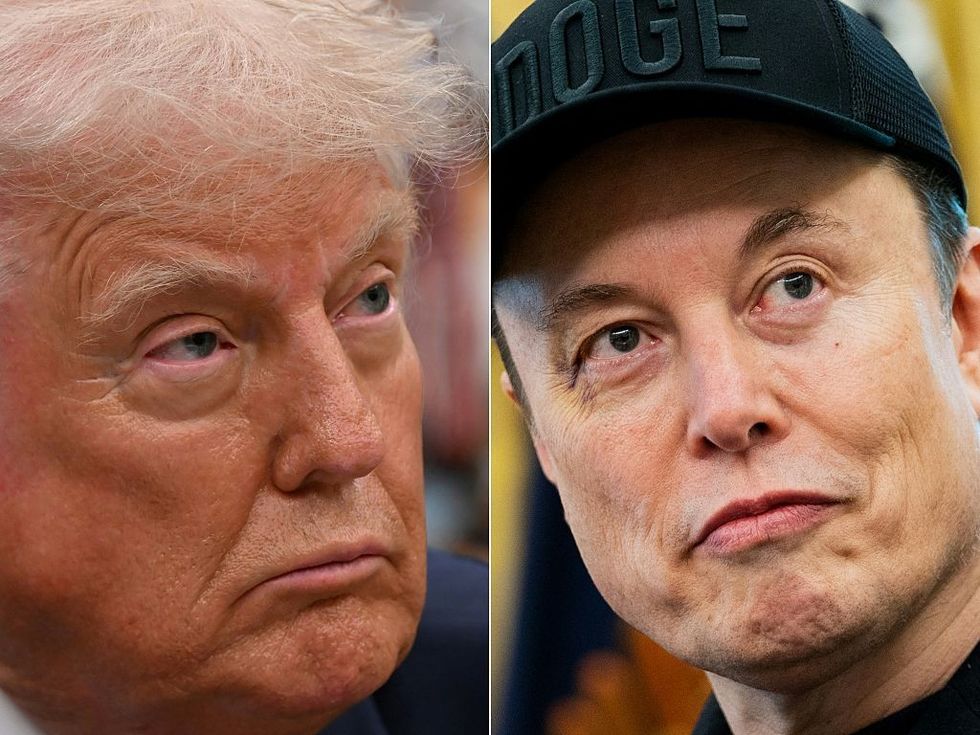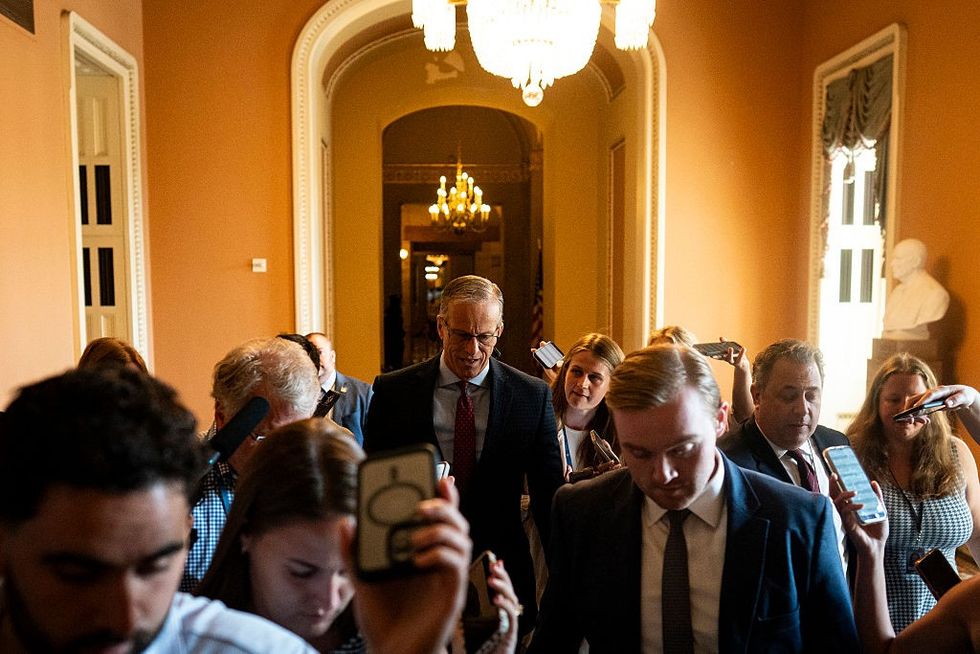BANGLADESH, the youngest nation to achieve independence in South Asia in 1971, will hold its general elections on Sunday (7). While debate and discussion are on over the probable outcome of the polls, given the fact that the main opposition parties including Bangladesh Nationalist Party (BNP) has decided to boycott them, reflecting little trust in the political system under prime minister Sheikh Hasina, another significant factor attached to these elections is the role of India, Bangladesh's giant neighbour.
The Muslim-majority nation of about 170 million people, which was once a part of India till the Partition of 1947 and emerged as an independent nation from the rule of the then West Pakistan (now Pakistan) in 1971, is surrounded on three sides by India. The only other country with which Bangladesh shares a border is Myanmar with which it has a 271-kilometre long border in the southeast.
The gigantic presence of India makes it not only a neighbour of Bangladesh but also a strategic partner and close ally. New Delhi, which had played a significant role in Bangladesh emerging as an independent country and even fought a war with Pakistan during Bangladesh's (then East Pakistan) liberation movement, wants a friendly regime in Dhaka and Hasina has met that criterion well.
EXCLUSIVE: ‘Bangladesh opposition BNP made a mistake in boycotting election’
Hasina, the daughter of Bangladesh's slain founding father Sheikh Mujibur Rahman who had a close relation with India, has forged close ties with New Delhi throughout her years in office since 1996 when she was first elected as the premier and there is no doubt that India wants to see the veteran leader return to power this time as well.
In 2022, Hasina had said during a visit to India that Bangladesh should not forget the contribution of the government, people and armed forces of India in helping her nation achieve independence in 1971.
Read: BNP boycotting general election as there is no scope to rig it: PM Hasina
The BNP in Bangladesh has criticised India alleging that it backs a party -- which is Hasina's Awami League -- rather than a nation. A senior BNP leader named Ruhul Kabir Rizvi told the BBC once that India's policy makers do not want democracy to prevail in Bangladesh. He also alleged that India was alienating the people of Bangladesh by openly backing Hasina and what he termed a "dummy election".
India has maintained a distance from such remarks. An official source in the country's ministry of external affairs told the news outlet that Bangladesh's elections are its internal matter and it is on the people of that country to decide their future. The official said as a close friend, New Delhi would like to see that peaceful elections are held in that country.
Even if the allegations of India favouring Hasina are true, it is not without a reason.
New Delhi is concerned that if Hasina doesn't return to power this year and parties such as BNP and Jamaat-e-Islami capture power, Islamists could return to prominence in Dhaka, as it had happened when the coalition ruled the country between 2001 and 2006.
Pinak Ranjan Chakravarty, a former Indian high commissioner in Dhaka told the BBC that the coalition had given rise to many jihadi groups that were used for various sinister purposes, including the attempt to assassinate Hasina in 2004.
Hasina, who returned to power in 2009, gave relief to Delhi by acting against ethnic insurgent groups in India's north-east that borders her country. Some of those outfits were even operating from Bangladeshi soil.
Besides political, India and Bangladesh also share close cultural, ethnic and linguistic relations. Renowned poet Rabindranath Tagore has penned the national anthems of both the countries and West Bengal, the Indian province bordering Bangladesh to its east, shares the same culture and language with that country. People-to-people connections between the two sides are also wide and in depth.
Economically, too, Bangladesh depends on India for essential commodities such as rice, pulses and vegetables. New Delhi has also offered more than $7 billion Line of Credit to Bangladesh in the last 14 years for development of infrastructure and other projects.
However, there are also factors that serve as irritants in the two countries' relations. One, for example, is the sharing of water of river Teesta. It flows from northern Bengal into Bangladesh and an objection from West Bengal chief minister Mamata Banerjee has hindered a smooth resolution of the issue. Sanjay K Bhardwaj, a professor at Jawaharlal Nehru University in Delhi, told India Weekly that the perception among common Bangladeshis is that Banerjee is not ready to give water to their country. For the bilateral ties between the two nations, this doesn't send a positive message.
Debapriya Bhattacharya, distinguished fellow at the Centre for Policy Dialogue in Dhaka, told the BBC that India has an image problem in Bangladesh which believes that it is not getting the best of a good neighbour, in the political or other deals.
India has got access via Bangladesh via road, river and railways to transport goods to its north-eastern states but critics say Bangladesh is yet to do full-fledged overland trade with landlocked Nepal and Bhutan through the Indian territory.
Religion is another factor that causes uneasiness among some Bangladeshis when it comes to India. There is a perception that Muslim-majority Bangladesh could be in trouble with a Hindu-majority India. Just like India is concerned over the Islamist forces regrouping in Bangladesh, the latter is not too comfortable with the fact that a Hindu nationalist Bharatiya Janata Party (BJP) rules India with an overwhelming majority. There are claims that discrimination against Muslim minorities in India has gone up, something that the BJP denies. Again, in India, targeting of Hindu minorities in Bangladesh raises a concern.
Bangladesh also alleges India's border force personnel indiscriminately shooting its men at the border areas. The infamous border skirmishes between the forces of the two nations in April 2001 in which 16 Indian personnel were killed still remains a low point in their otherwise friendly relation.
India believes Hasina at the helm will suit its interests but it has a challenge in reaching out to the people of Bangladesh.

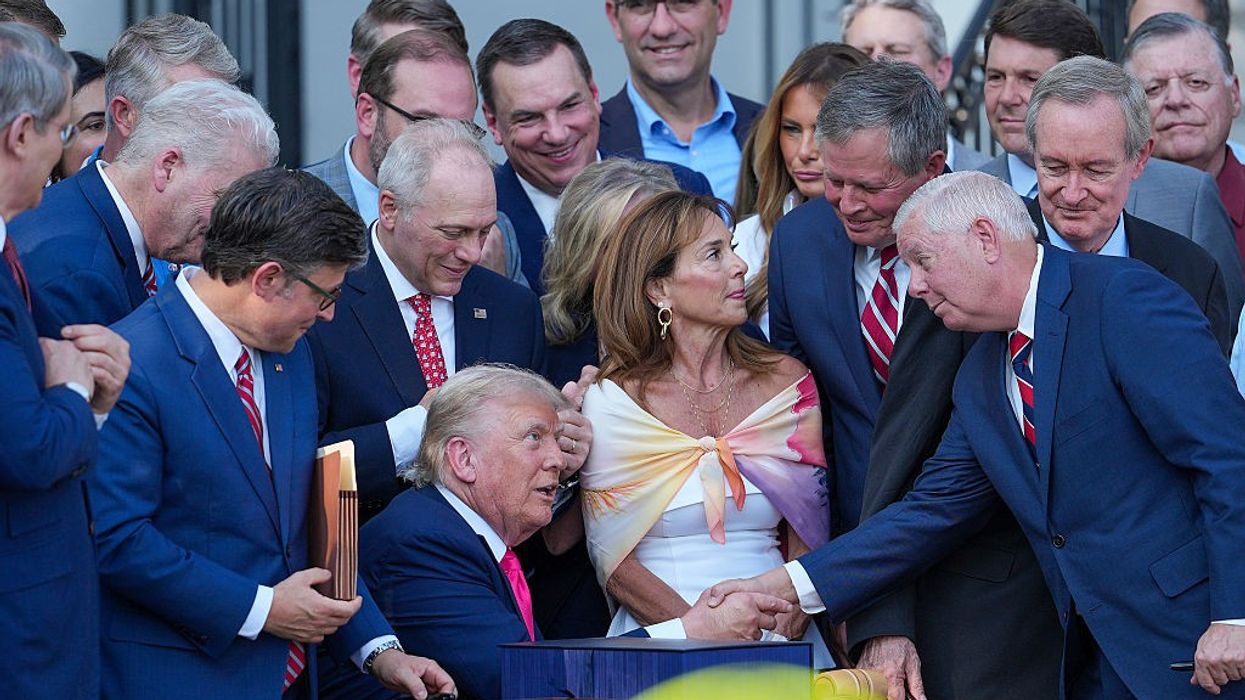
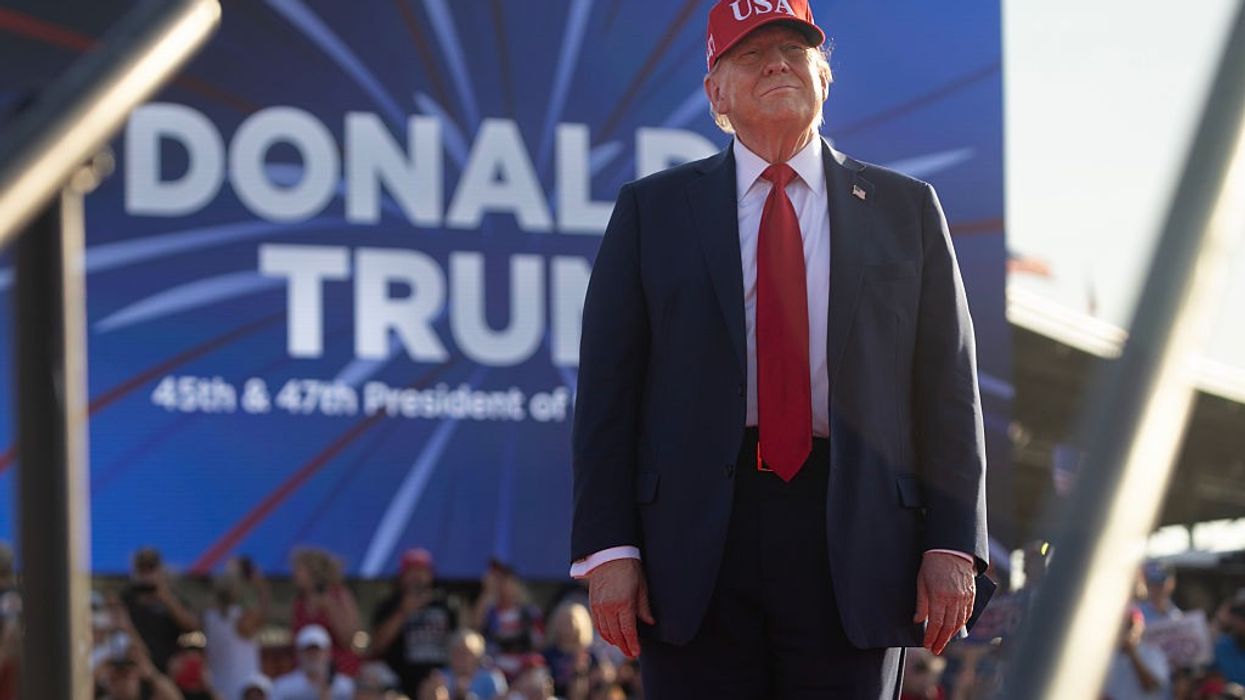


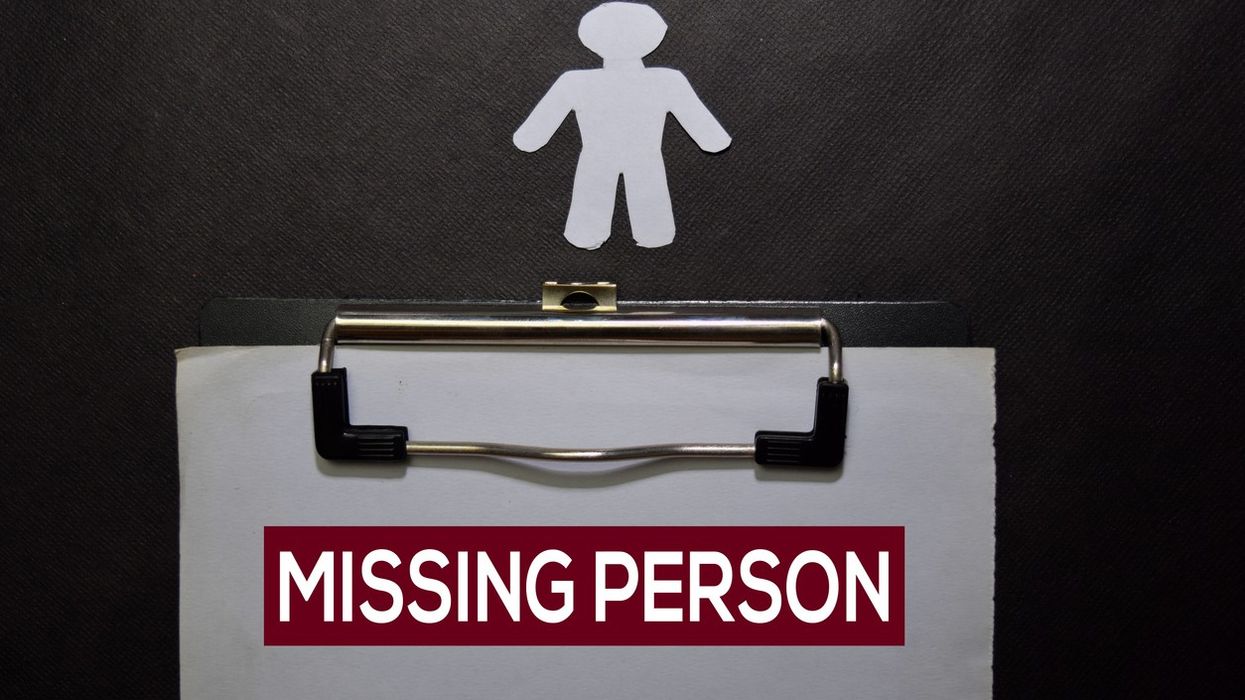

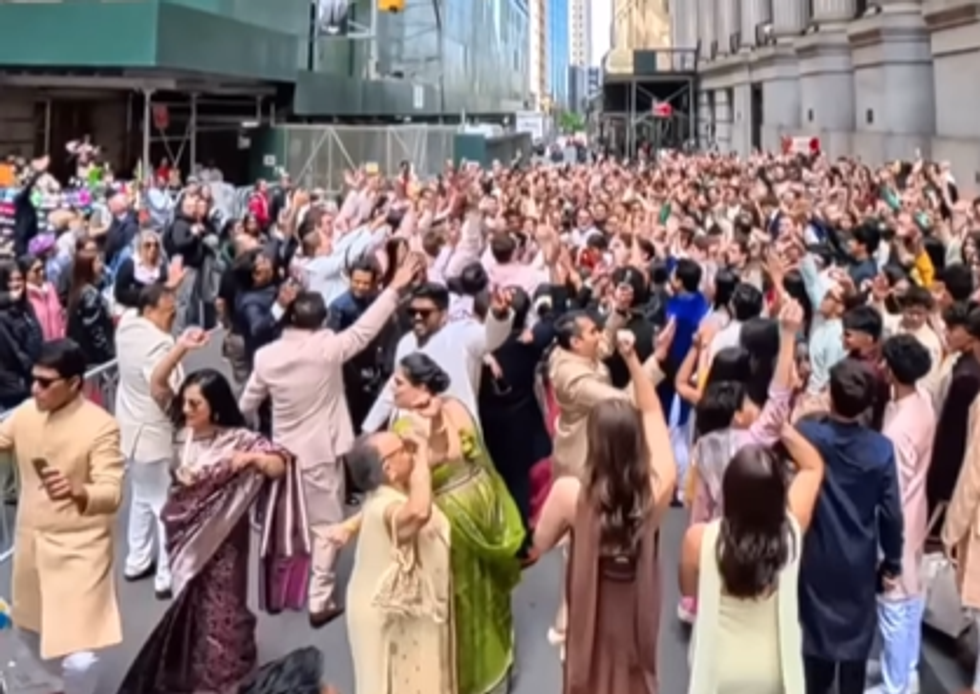
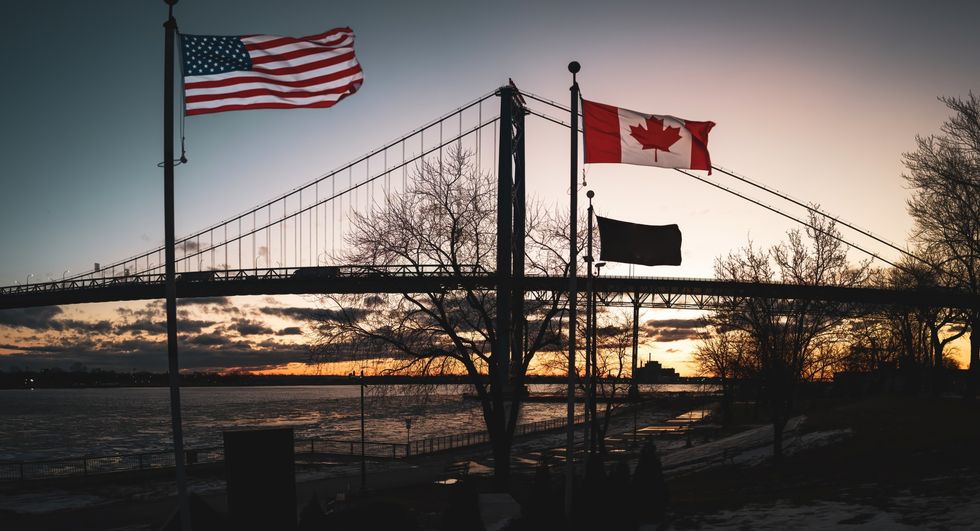
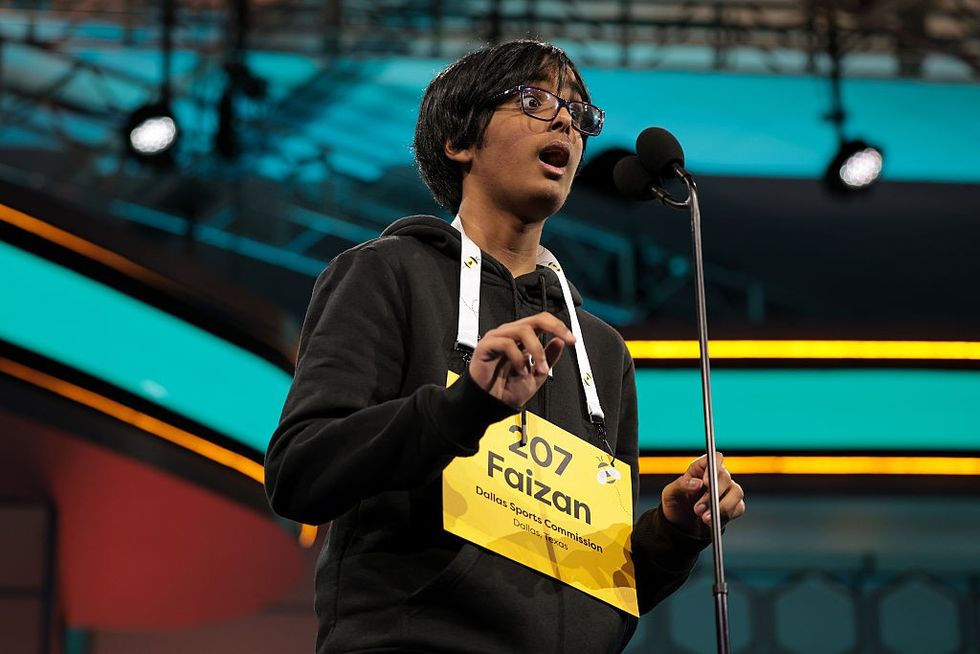

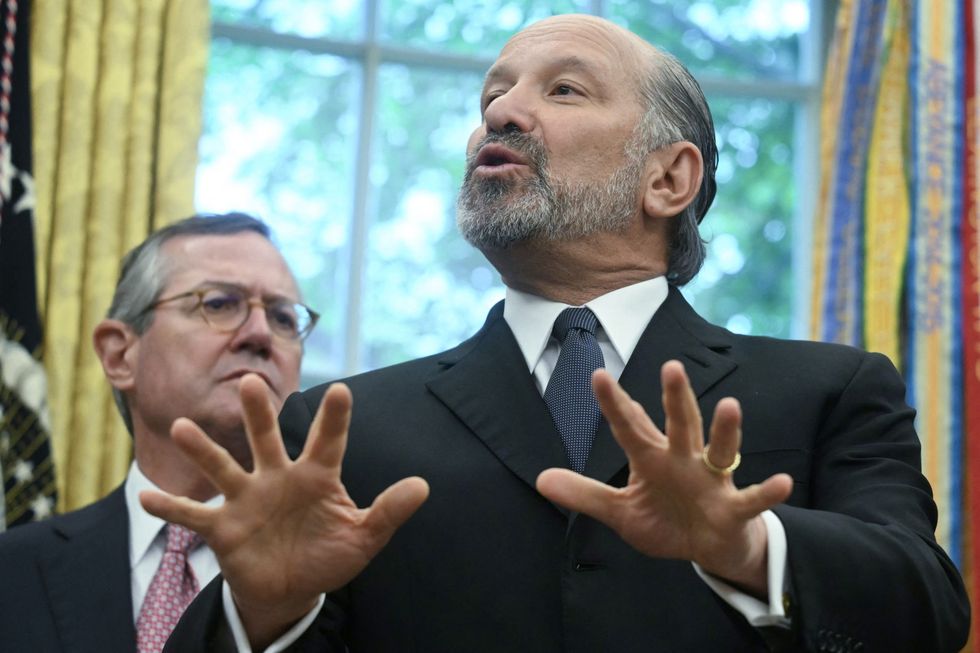
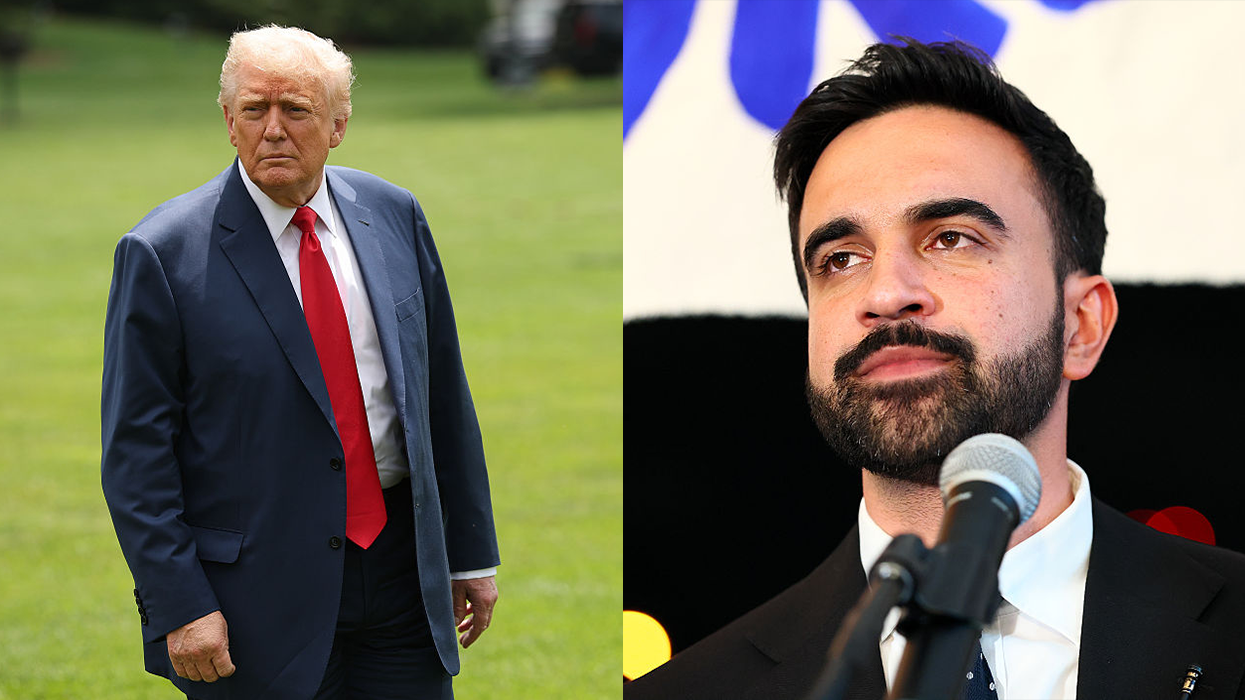

 NASA’s Astronaut Class 23 with Anil Menon shows patch features a fly-shaped design symbolizing the class nickname, “The Flies,” with twelve stars for each candidate. The UAE and US flags highlight international collaboration, while the astronaut figure reflects their commitment to NASA’s return to the Moon and future Mars missions. (Photo credit: @astro_anil)
NASA’s Astronaut Class 23 with Anil Menon shows patch features a fly-shaped design symbolizing the class nickname, “The Flies,” with twelve stars for each candidate. The UAE and US flags highlight international collaboration, while the astronaut figure reflects their commitment to NASA’s return to the Moon and future Mars missions. (Photo credit: @astro_anil)